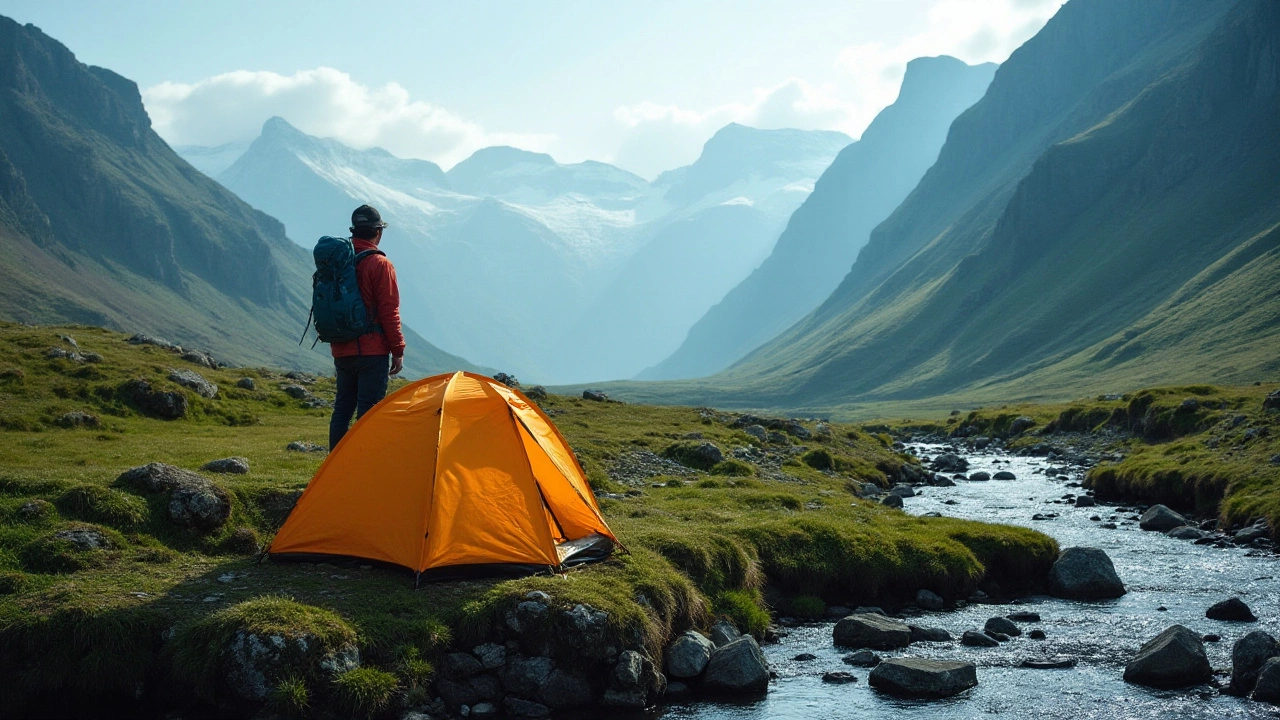Camping Laws UK: Your Quick Guide to Staying Legal on the Road
Planning a night under the stars in the UK? Before you spread the blanket, you need to know what the law says about where you can set up. The good news is most places are friendly to campers, but there are clear limits that keep the countryside safe and tidy.
In England and Wales, there’s no blanket right to wild camp on private land. Landowners can say no, and local councils can enforce bylaws that ban overnight stays on public paths or beaches. Scotland is different – the Land Reform (Scotland) Act 2003 lets you camp on most uncultivated land as long as you respect the environment and stay away from homes.
Stealth Camping and Motorhomes
Stealth camping means parking your motorhome or van in a spot that isn’t a designated campsite and staying low‑key. It’s legal in many places, but you can’t break local parking rules. Look for signs that say "no overnight parking" or "resident only" – ignore them and you could get a fine or be asked to move. Some supermarkets and service stations allow overnight stays, but always ask the manager first.
If you’re in a national park or Area of Outstanding Natural Beauty, the rules tighten. Many parks require a permit for any overnight stay, even in a motorhome. Check the park’s website before you go, and consider using a paid campsite nearby – it’s often cheaper than a ticket for breaking the rules.
Practical Tips to Stay Within the Law
1. Check for signs. A simple "No Camping" or "No Overnight Parking" sign trumps any assumptions you might have.
2. Ask permission. A quick chat with a landowner, farmer, or local shop can save you a lot of hassle. Most people are happy if you’re tidy and leave no trace.
3. Leave no trace. Pack out everything you bring in, fill in fire pits, and keep noise down. Respecting the land helps keep the right to camp alive.
4. Know the limits. In England and Wales, you can stay a maximum of 24 hours in one spot on public land, then move at least 2 miles away.
5. Use official campsites when in doubt. Sites registered with the Camping and Caravanning Club or local councils meet safety standards and often have hookups for motorhomes.
Getting these basics right means you can focus on the fun part – cooking over a camp stove, listening to night birds, and waking up to fresh countryside air. Remember, the law isn’t there to stop you; it’s there to protect the places you love.
So next time you pull over on a quiet lane, glance for a sign, think about the landowner, and plan to leave things better than you found them. Follow the rules, and you’ll enjoy countless legal nights under the UK sky.
-
 VIEW POST
VIEW POSTIs Wild Camping Legal in the Scottish Highlands? Exploring the Rules of Outdoor Freedom
Nov, 24 2024|0 CommentsWild camping in Scotland is often associated with rugged freedom and breathtaking landscapes. Thanks to the Land Reform (Scotland) Act 2003, it is generally legal, but there are certain rules and responsibilities campers must adhere to. The rule is to leave no trace and respect the land, while some areas have specific restrictions to protect delicate ecosystems. This guide covers the legality of wild camping in Scotland, provides useful tips, and discusses the unique opportunities for outdoor adventures in the Highlands.